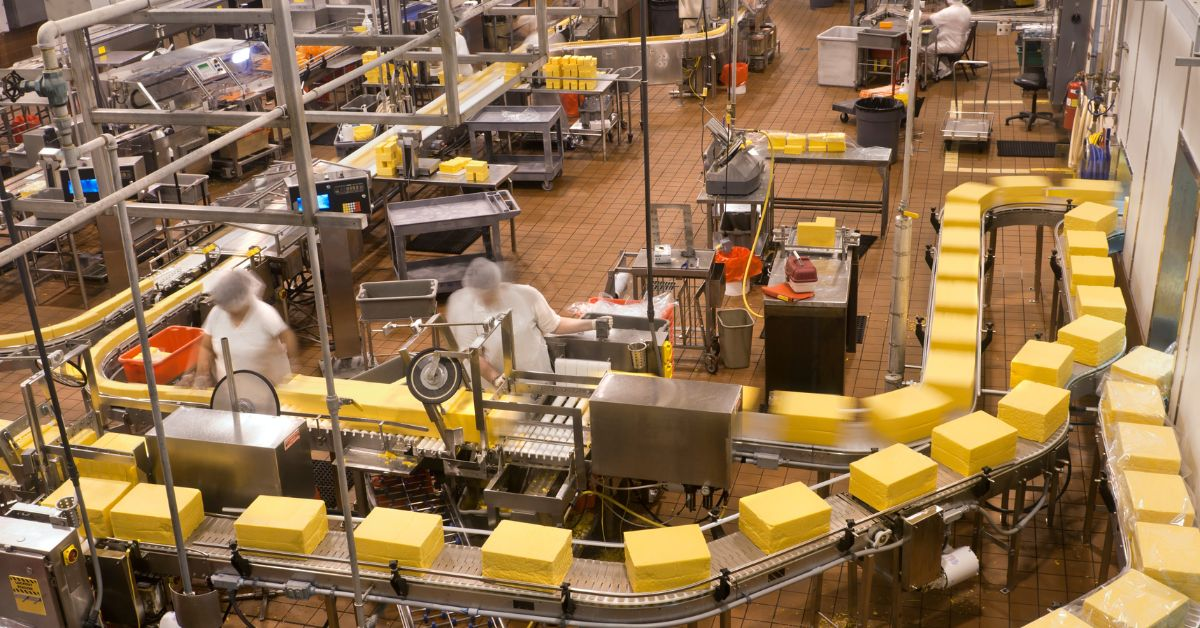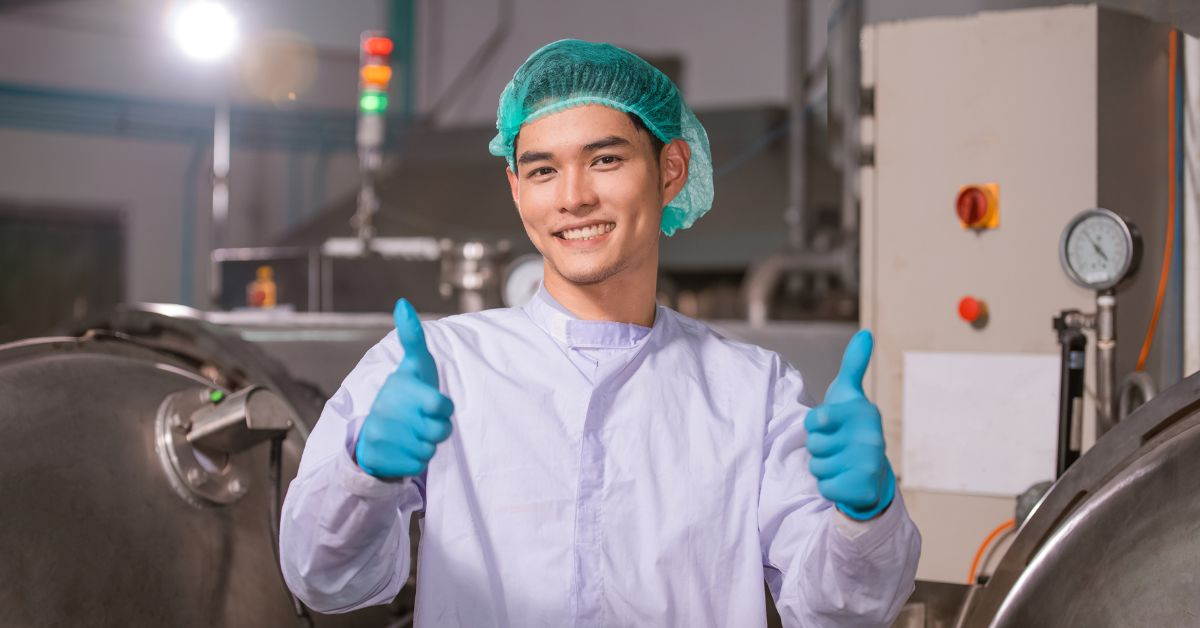
Understanding the Role of Preventive Controls Qualified Individuals in Food Safety
Food safety regulations in the United States are complex and ever-evolving. The role of the Preventive Controls Qualified Individual (PCQI) is among the critical components ensuring the safety of our food supply.
Let’s explore whether the FDA requires a PCQI, why their role is crucial, and what it entails.
What is a PCQI?
A Preventive Controls Qualified Individual (PCQI) has the skills and competencies through training or experience (or a combination thereof) to be considered qualified to develop and apply a food safety plan. The FDA’s Food Safety Modernization Act (FSMA) was created to ensure that food facilities implement adequate preventive controls and maintain robust food safety plans.
FDA Requirements: Is a PCQI Mandatory?
The FDA requires a PCQI under specific circumstances. According to the FSMA regulations, every facility required to register with the FDA under section 415 of the Federal Food, Drug, and Cosmetic Act and is involved in the manufacturing, processing, packing, or holding food for consumption, must have a named PCQI.
Some of the requirements include:
- Food Safety Plan Development: The PCQI is responsible for preparing the written food safety plan, which provides for documented hazard analysis, justification for needed preventive controls, and setting up procedures for monitoring, corrective actions, and verification.
- Implementation and Oversight: The PCQI oversees the implementation of the food safety plan. They ensure that prerequisite programs as well as preventive controls are effectively managed and that the facility adheres to regulatory requirements.
- Record Keeping: The PCQI ensures that all records related to the food safety plan, such as monitoring and verification records, are accurately maintained and readily accessible for inspection by the FDA.
Why is the Role of a PCQI Crucial?
The necessity of having a PCQI lies in their specialized knowledge and ability to manage food safety risks proactively. Here are some key reasons why the role is indispensable:
- Expertise in Hazard Analysis: A PCQI has the training to identify potential hazards in the food production process, whether biological, chemical, or physical. This expertise is crucial in developing effective preventive measures.
- Preventive Controls: Instead of reacting to food safety issues after they occur, a PCQI focuses on preventing them from happening in the first place. This proactive approach is the cornerstone of FSMA.
- Regulatory Compliance: The PCQI ensures that the facility complies with FDA regulations, thus avoiding potential fines, recalls, or shutdowns due to non-compliance.
- Consumer Safety: Ultimately, the role of the PCQI is to protect public health. Ensuring that food products are safe for consumption helps maintain consumer confidence and trust in the food supply.
- Food Safety Culture: The PCQI models the behaviors and attitudes needed by their team and everyone in the facility to institutionalize safety culture.
Training and Qualifications for PCQIs
To become a trained PCQI, individuals must undergo instruction on the specific FDA-recognized curriculum. These courses provide comprehensive instruction on developing and implementing a food safety plan in compliance with FSMA requirements. PCQI training courses are taught by Lead Instructors at the Food Safety Preventive Controls Alliance (FSPCA) and alternative providers who are recognized by the FDA with Lead Instructors who use the FDA-recognized curriculum, such as ImEPIK.
The PCQI is critical in ensuring food safety plans are properly developed, implemented, and maintained. Their expertise helps facilities comply with regulatory requirements and protects public health by preventing foodborne illnesses.
Become PCQI Qualified 100% Online! ImEPIK® offers the top FDA- and SFCR-recognized PCQI curriculum. Our training is 100% online, so you can take it at your convenience and access it anytime and anywhere.






